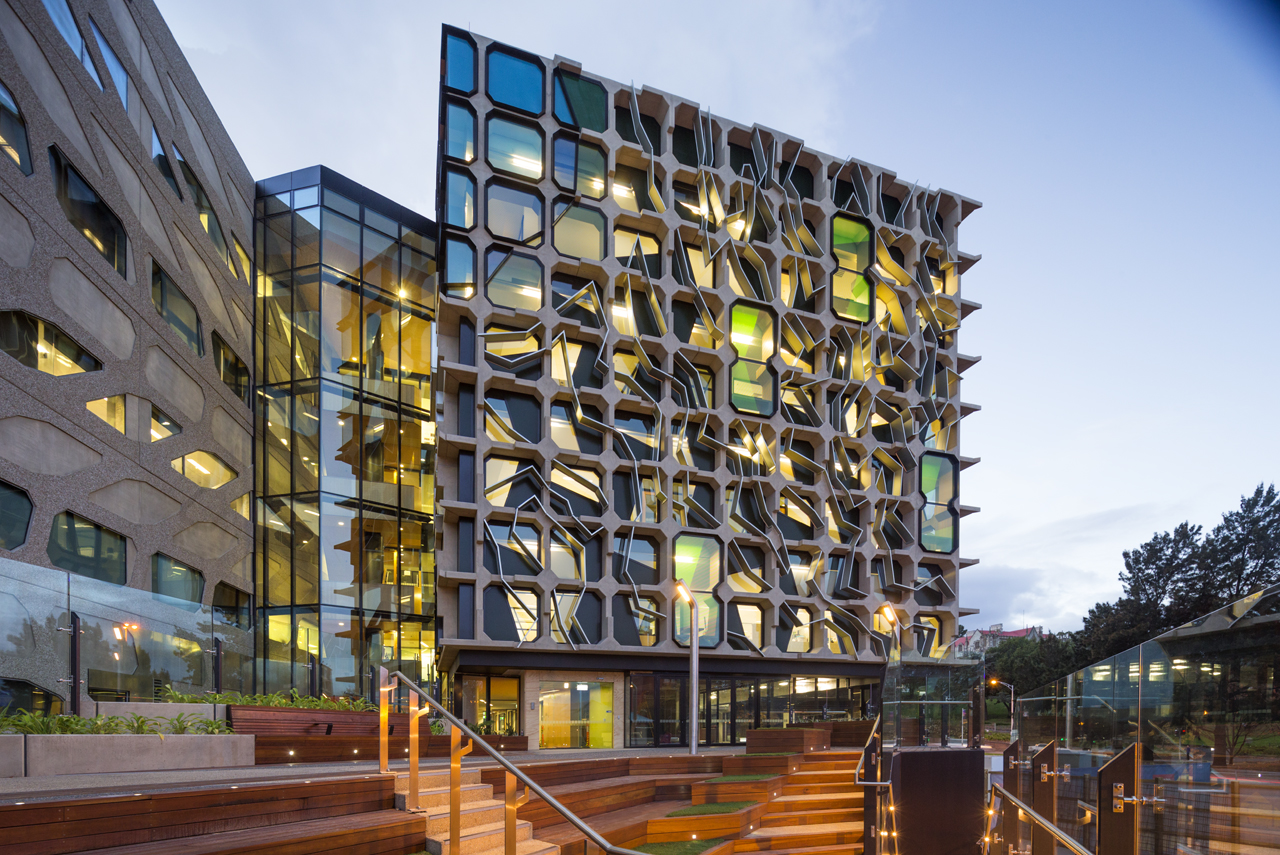Medical Research Funding Success for Menzies

Medical Research Funding Success for Menzies
In a further boost to their world-class research capability, the University of Tasmania’s Menzies Institute for Medical Research has received three National Health and Medical Research Council (NHMRC) Investigator Grants totalling over $5 million.
This funding will target some of the main areas of research focus at the Menzies Institute; multiple sclerosis (MS), heart disease and blinding eye disease.
Professor Bruce Taylor has been granted $2.3 million to understand what causes MS and what drives its progression. This research will use advanced genetic techniques to look at how genes, the environment and personal behaviours influence MS risk and progression. Professor Taylor’s NHMRC funding will build upon the many years of MS research at the Menzies Institute and contribute to the MS Research Flagship’s extensive body of work.
Heart disease is the leading cause of death worldwide and there is increasing evidence to suggest that the risk factors begin to develop in childhood. Dr Rachel Climie will use the $650,740 grant to identify factors contributing to cardiovascular health in childhood, establish new ways to detect children at risk, and will develop strategies to improve heart health in children that can be easily implemented into practice.
Professor Alex Hewitt has a joint appointment with the Menzies Institute and the Tasmanian School of Medicine and has received just over $2 million to look at reducing blindness and visual impairment from glaucoma through improving the prediction of the people most at risk to develop the disease. He will also work on the development of new therapies in glaucoma which is the leading cause of irreversible blindness worldwide.
Director of the Menzies Institute, Distinguished Professor Alison Venn, congratulated the grant recipients on their outstanding success in a highly competitive grant process.
“At Menzies we have a long history of research into these diseases that affect many in the community. This new funding recognises that our researchers are among the highest performing in Australia and will help us to continue our work leading to healthier, longer and better lives.”